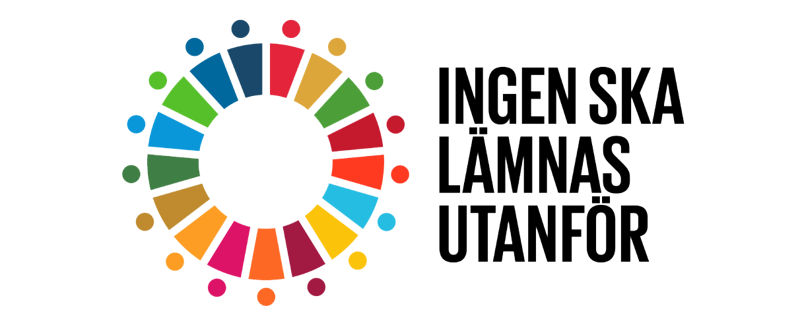Agenda 2030 and the 17 Global Goals
Agenda 2030, with its 17 Global Goals for Sustainable Development, aims to eradicate poverty, uphold human rights, achieve gender equality, and empower all women and girls. It also seeks to ensure lasting protection for the planet and its natural resources. The goals are interconnected and based on three dimensions of sustainability: economic, social, and environmental.

Adopted by UN member states in 2015, Agenda 2030 represents a global commitment to building a sustainable society—one that meets present needs without compromising the ability of future generations to meet theirs.
Leave No One Behind
A core principle of Agenda 2030 is that no one should be left behind. This means the goals cannot be considered achieved unless they benefit all people, with a priority on reaching the most vulnerable groups first. Those at the greatest risk of exclusion include women and girls, as well as LGBTQ+ individuals, refugees, older adults, and religious or ethnic minorities. People belonging to multiple marginalized groups face an even higher risk of being left behind.
Tracking Progress
On a global level, progress toward the goals is measured using 230 indicators. Sweden also tracks its progress with an additional 50 nationally adapted indicators, with Statistics Sweden (SCB) responsible for monitoring and reporting.
The Swedish Gender Equality Agency (Jämställdhetsmyndigheten) contributes to Agenda 2030 through its areas of work, particularly in tracking and advancing:
- Goal 5: Achieve gender equality and empower all women and girls.
- Goal 8: Promote decent work and economic growth.
- Goal 16: Foster peaceful and inclusive societies.
Publication date: 28 February 2025
Last updated: 28 February 2025

